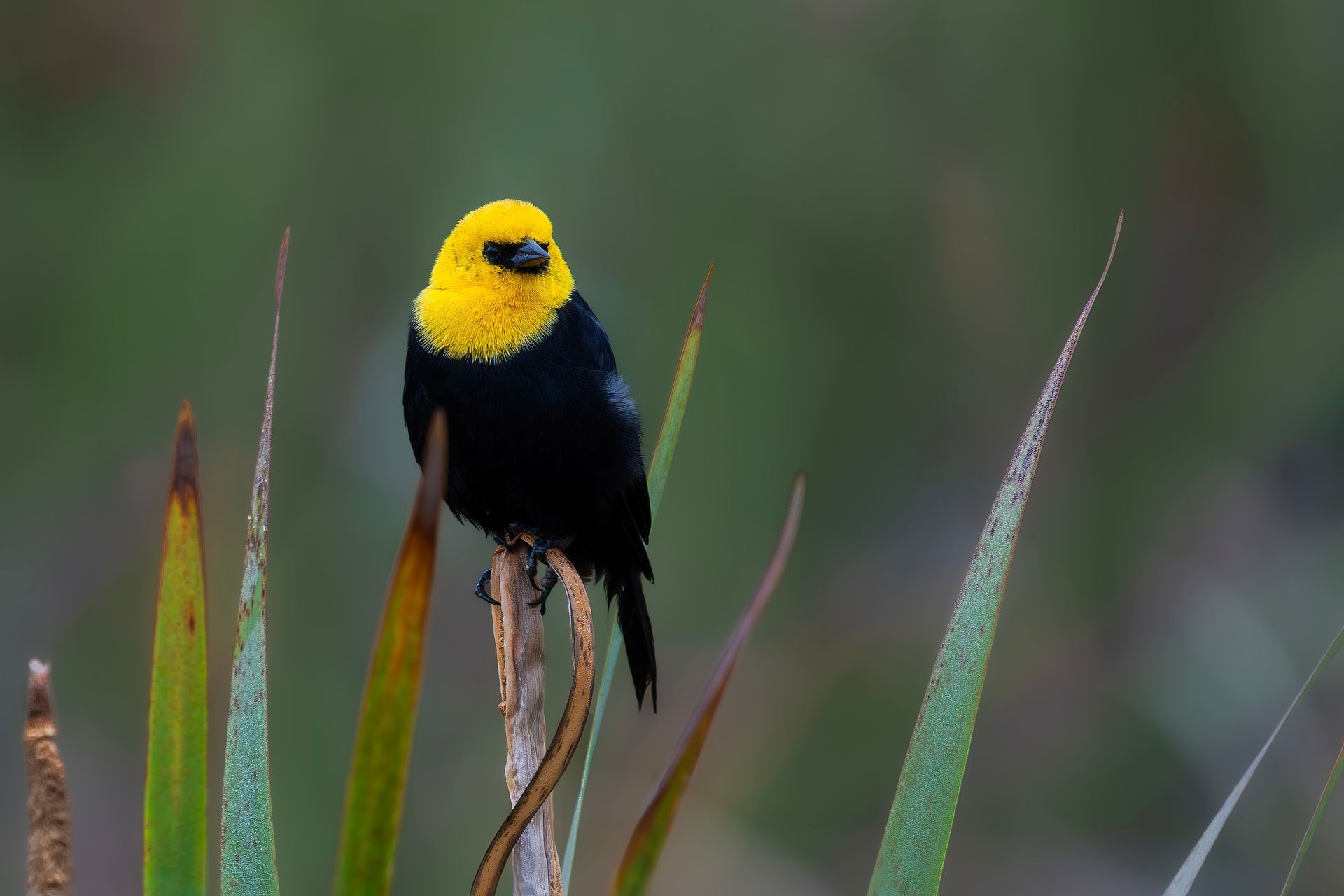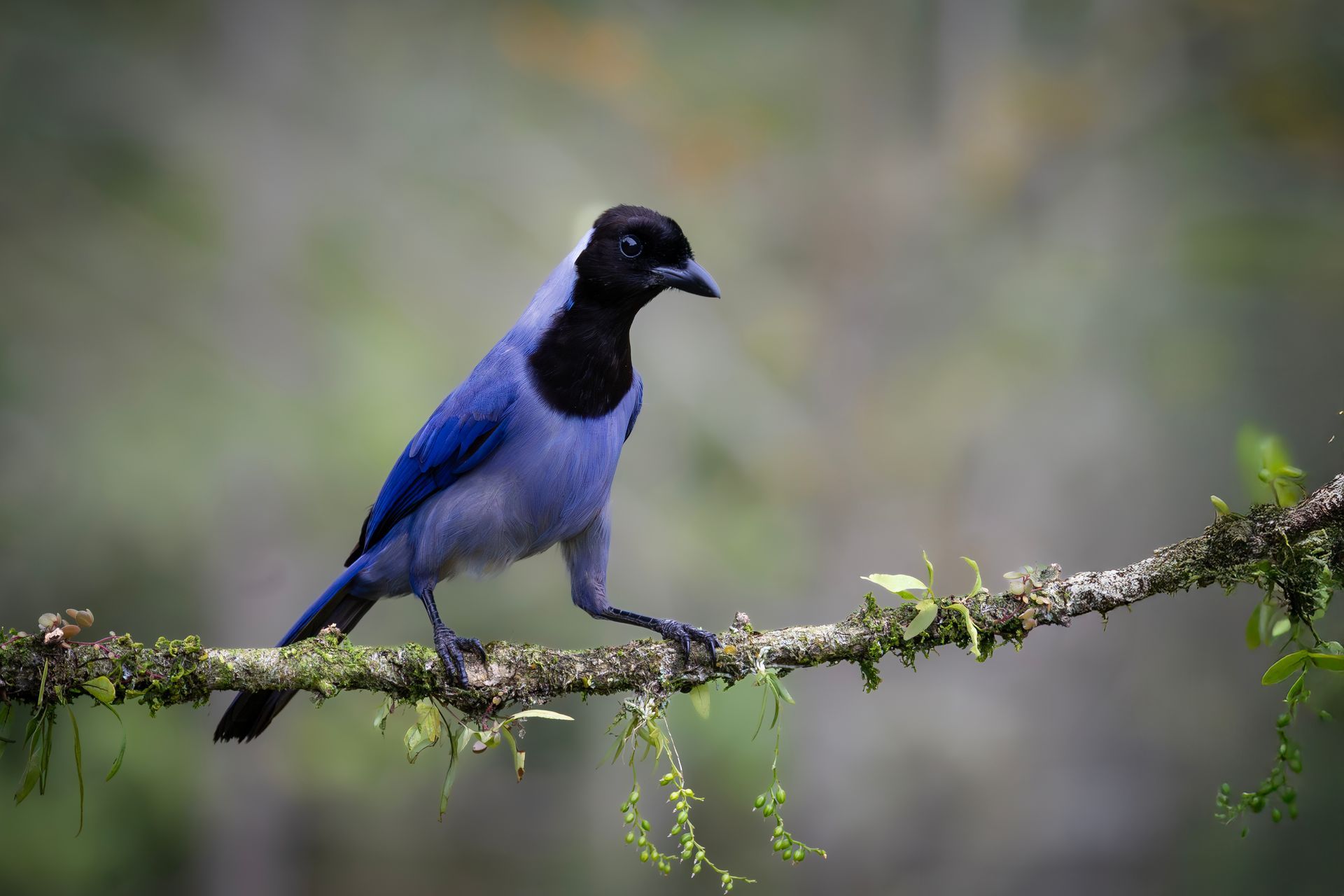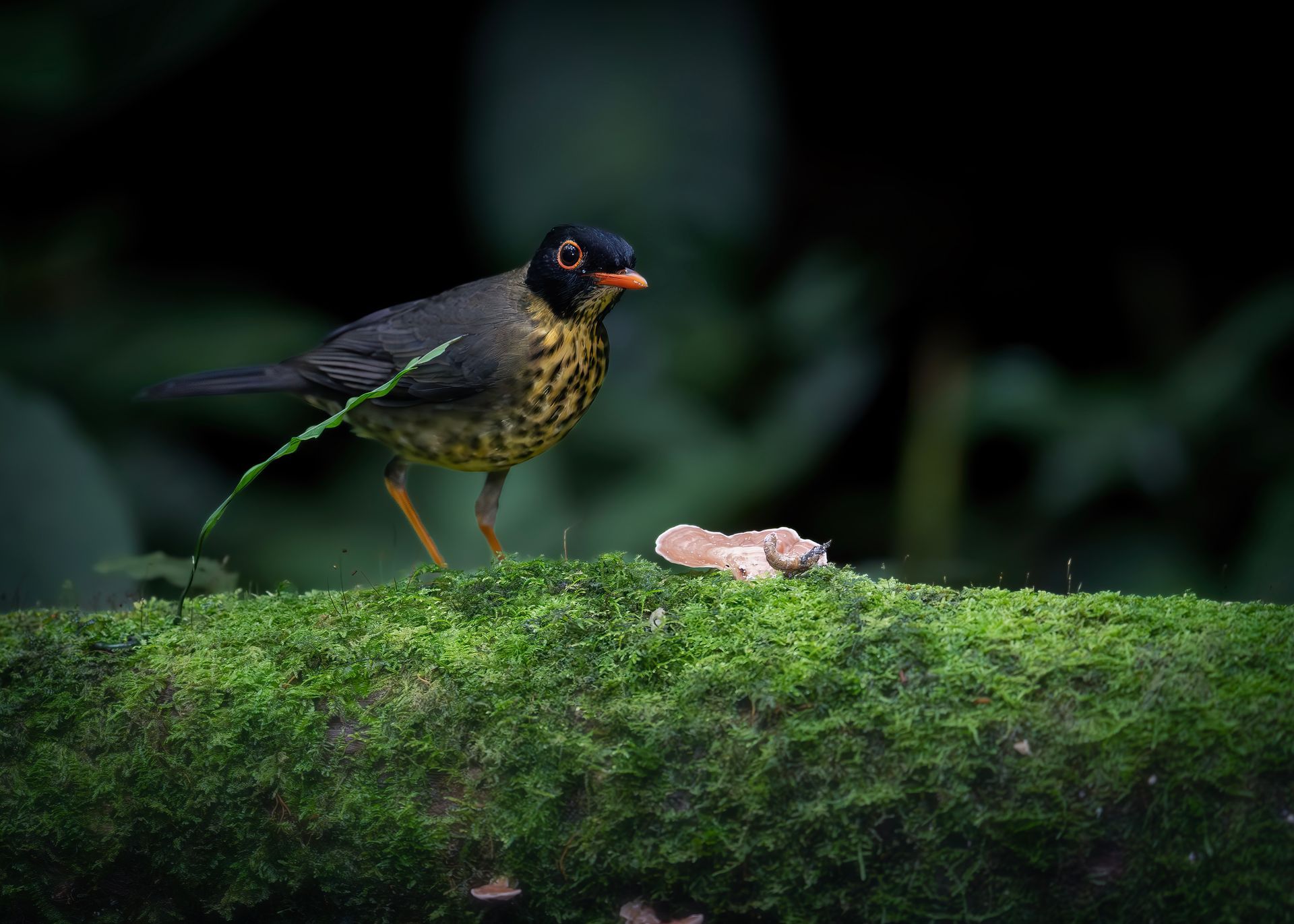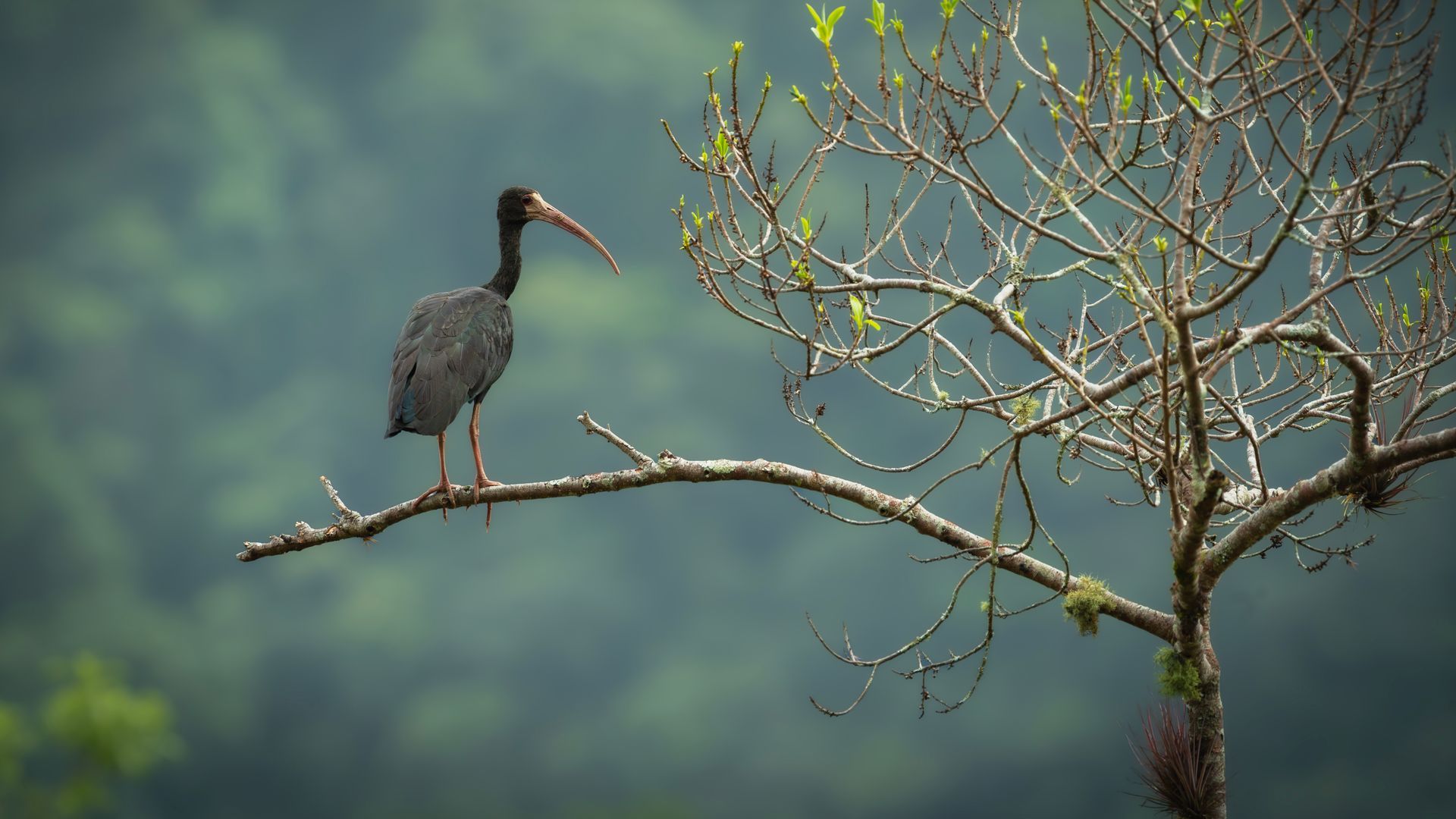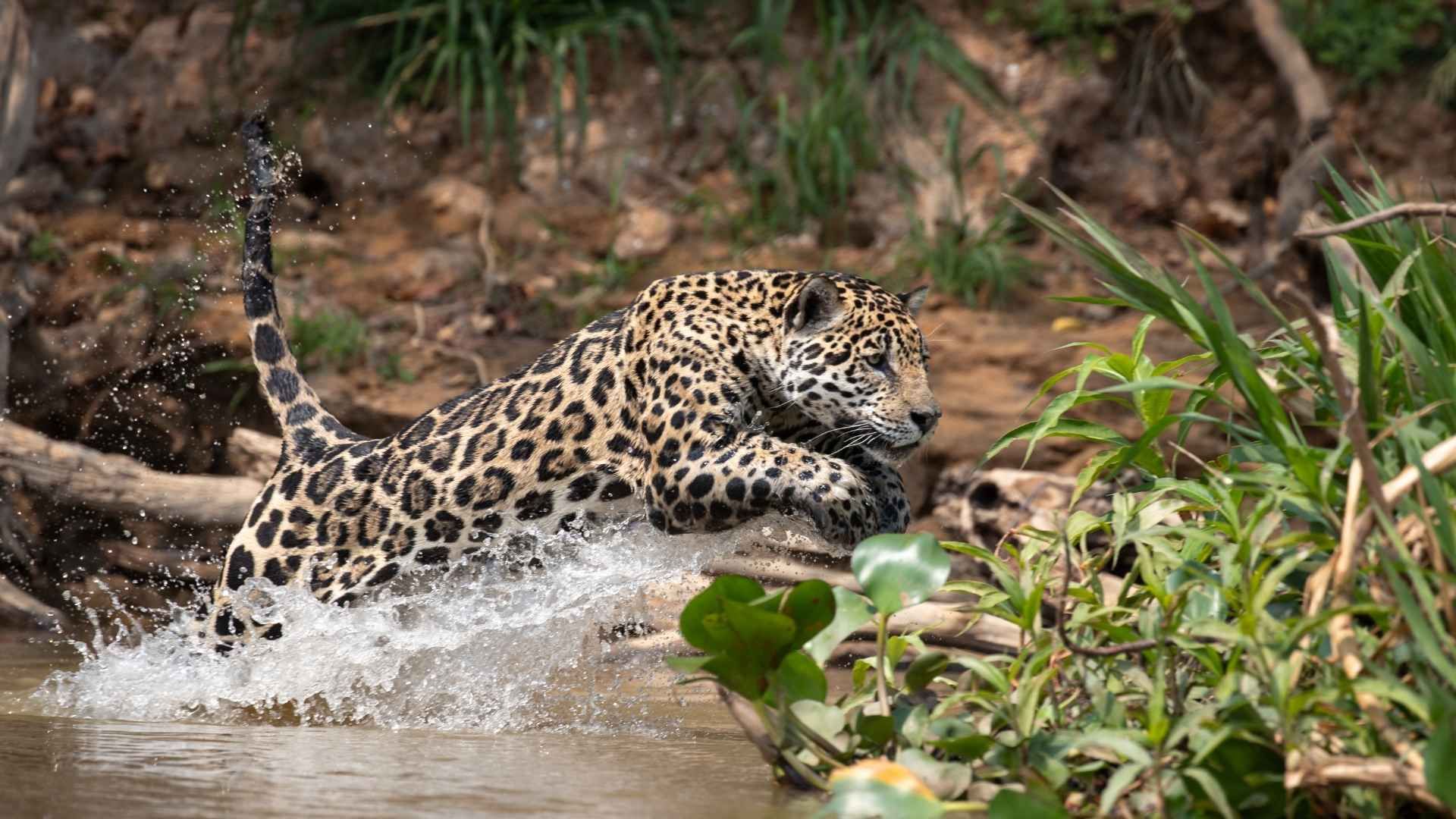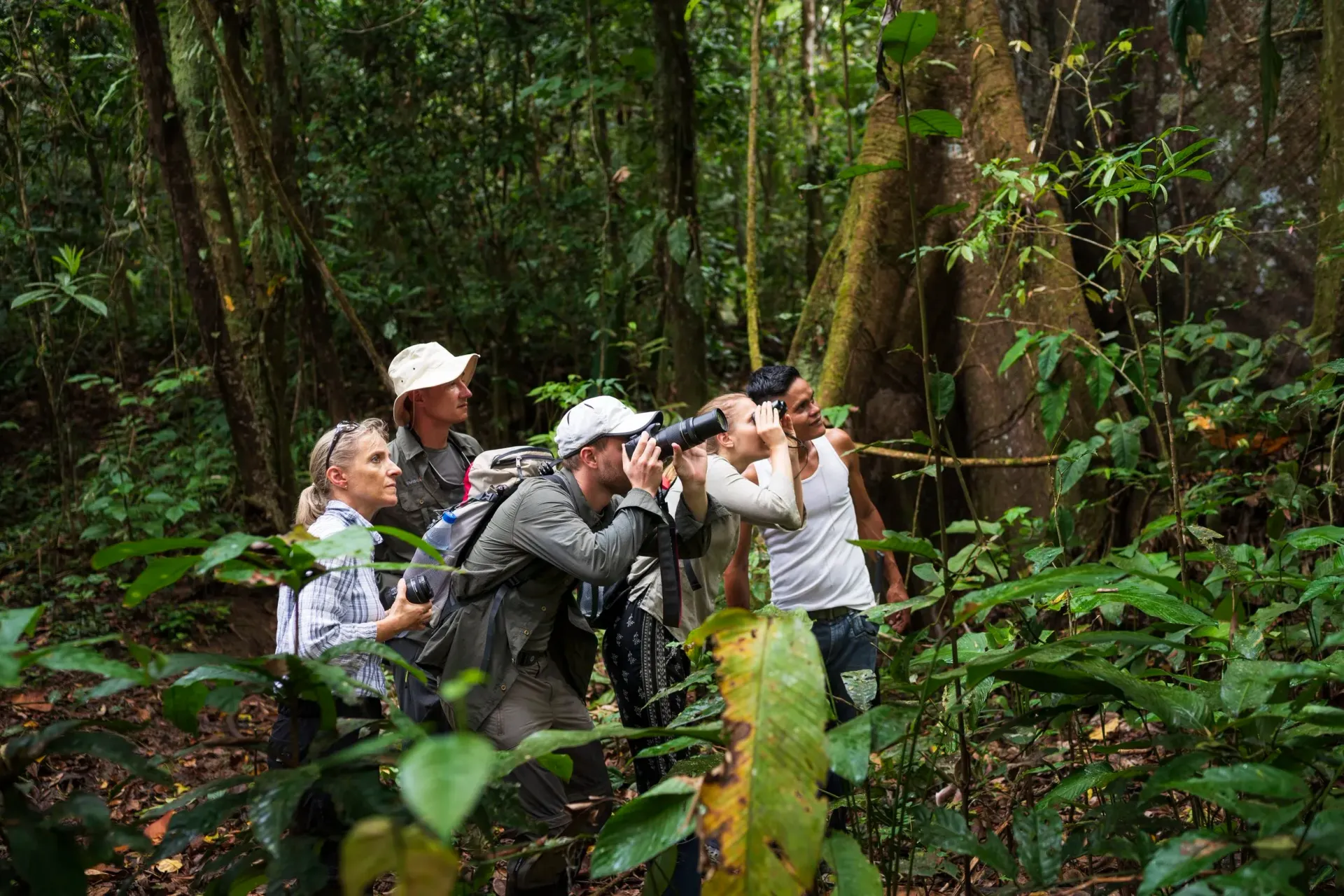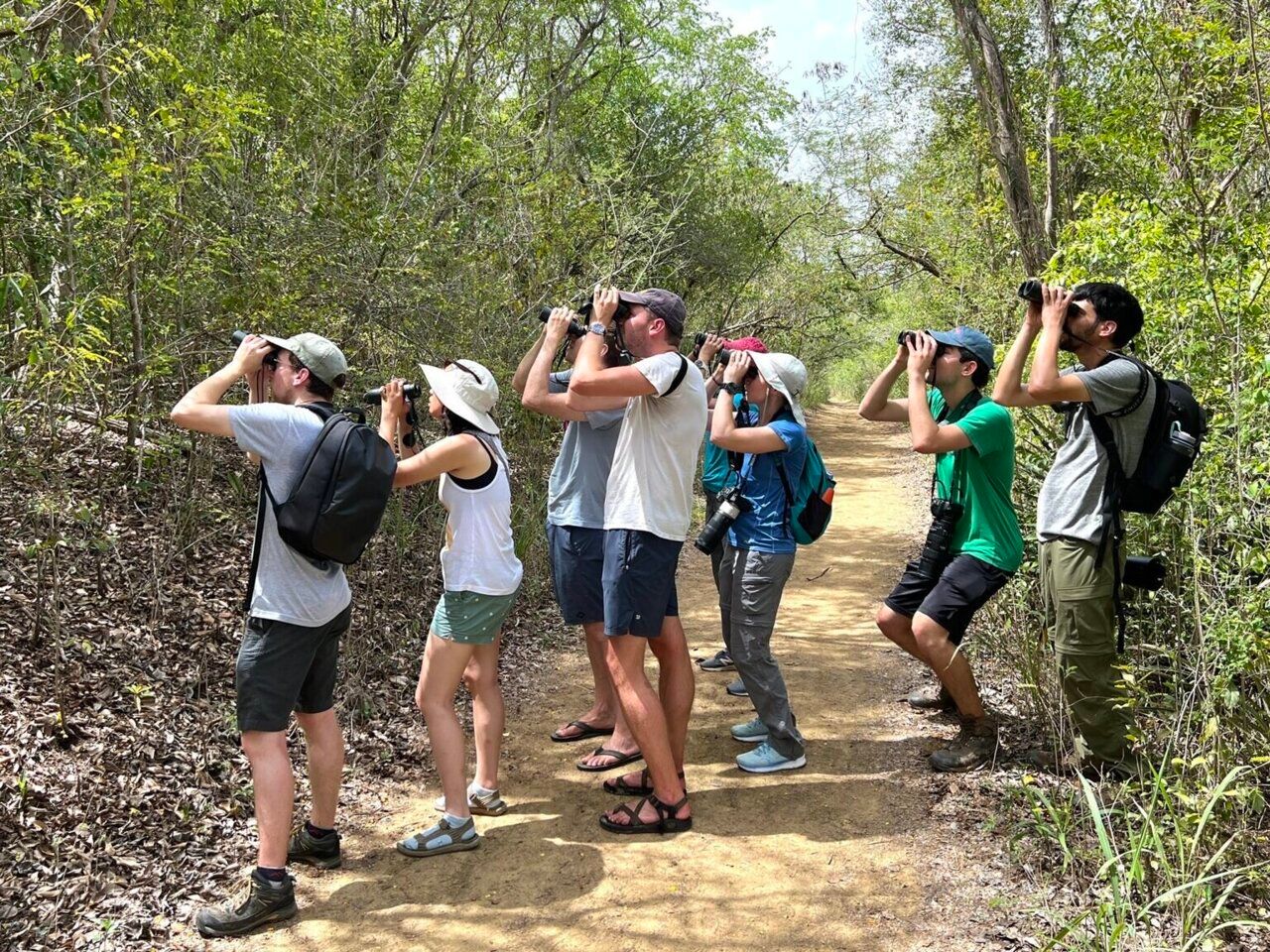Why Colombia is the World’s Capital of Hummingbirds
Colombia is a land of astonishing biodiversity, home to lush jungles, towering Andean peaks, misty cloud forests, and unique páramo ecosystems. Among its most dazzling residents are the hummingbirds, tiny winged jewels that embody both beauty and adaptation. Nowhere else on Earth can bird enthusiasts, photographers, and scientists encounter such an extraordinary variety of hummingbirds. With over 160 documented species, Colombia is widely recognized as the world’s capital of hummingbirds.
This article explores why Colombia holds this unique title, examining its geography, ecosystems, cultural connections, and the unmatched experiences awaiting those who venture here.
Colombia’s Birding Crown: Hummingbird Diversity at Its Peak
The Numbers Tell the Story
Globally, there are about 366 known hummingbird species, and Colombia alone hosts more than 160 of them. That means nearly half of all hummingbird species can be found within Colombia’s borders. From the lowland tropics to windswept páramos, the country’s rich ecological gradients create ideal habitats for different species.
- Endemic Hummingbirds: Many hummingbirds exist nowhere else on Earth. Species such as the Buffy Helmetcrest, Green Bearded Helmetcrest, and Coppery-Bellied Puffleg are exclusive to Colombian mountains.
- Range of Colors and Sizes: From the tiny Booted Racket-tail with its unique feathered “boots” to the long-tailed elegance of the Black-tailed Trainbearer, Colombia showcases hummingbirds in almost every possible shape, color, and form.
This staggering diversity cements Colombia’s reputation as the hummingbird epicenter of the world.
The Secret Behind Colombia’s Hummingbird Richness
Geography That Creates Biodiversity
Colombia is positioned at the heart of South America’s northern tropics, where multiple ecosystems converge. Three branches of the Andes mountains split across the country, creating distinct highland valleys, cloud forests, and plateaus. Add in two coasts—the Caribbean and the Pacific—plus the Amazon rainforest, and you get an unparalleled mix of ecosystems.
Elevation Gradients That Encourage Specialization
Hummingbirds thrive at different elevations:
- Lowlands: Species like the White-tipped Sicklebill flourish in humid forests near sea level.
- Mid-Elevation Cloud Forests: Here, gems like the Violet-tailed Sylph and Golden-headed Quetzal coexist.
- High Andes & Páramos: Rare species such as the Buffy Helmetcrest survive only in high-altitude grasslands above 3,500 meters.
This vertical variety forces hummingbirds to specialize, resulting in adaptive radiation—the evolution of distinct forms to exploit unique ecological niches.
Iconic Colombian Hummingbirds
The Buffy Helmetcrest
An endemic high-altitude hummingbird, the Buffy Helmetcrest is found only in Colombia’s páramos. Its golden-buff crest makes it one of the most sought-after species for bird photographers.
The Shining Sunbeam
This dazzling species reflects coppery iridescence in sunlight. Its wings catch rays like a living gemstone, making it one of the most photogenic birds in the Andes.
The White-tailed Starfrontlet
Perhaps the most elegant of Colombia’s nectar feeders, this bird’s white tail contrasts beautifully with its deep metallic green plumage.
The Black-tailed Trainbearer
With elongated tail feathers trailing dramatically, this species epitomizes the grace and extravagance that make hummingbirds so captivating.
Hummingbirds and Colombian Culture
Hummingbirds are not just natural wonders; they are woven into Colombian identity.
- Indigenous Beliefs: Many pre-Columbian cultures regarded hummingbirds as messengers between humans and the gods.
- Symbolism: Today, they represent beauty, resilience, and renewal.
- Tourism: Birdwatching tours focused on hummingbirds attract thousands of eco-tourists annually, contributing to Colombia’s conservation economy.
Hummingbirds as Pollinators and Ecosystem Engineers
Beyond their beauty, hummingbirds are crucial for the survival of Colombian forests.
- Pollination: Their long bills and rapid movements allow them to pollinate plants that bees and butterflies cannot access.
- Mutualism: Many plant species have evolved specifically to be pollinated by hummingbirds, creating a co-dependent relationship.
- Ecosystem Health: The presence of hummingbirds indicates intact, functioning ecosystems.
Best Regions to See Hummingbirds in Colombia
1. The Coffee Axis (Eje Cafetero)
This UNESCO-listed region offers not only world-class coffee but also hummingbird havens like Río Blanco Reserve and Otún Quimbaya.
2. The Sierra Nevada de Santa Marta
This isolated mountain range is home to multiple endemic hummingbirds found nowhere else, such as the Santa Marta Woodstar.
3. The Andes Highlands
Cloud forests near Bogotá, Medellín, and Cali are rich with species. The Chingaza National Park is especially known for the Buffy Helmetcrest.
4. The Amazon Basin
Though harder to access, this region hosts rare lowland hummingbirds in pristine rainforest environments.
The Photographer’s Paradise
Why Hummingbirds Are a Dream Subject
Their iridescent feathers, rapid flight, and delicate forms make them irresistible for bird photographers. Colombia’s lodges and reserves often maintain hummingbird feeders, creating accessible opportunities for close-up photography.
Techniques for Capturing Hummingbirds
- High Shutter Speed: Essential for freezing wings that beat up to 80 times per second.
- Macro Lenses: To capture feather detail and iridescence.
- Patience and Timing: Many photographers spend hours waiting for the perfect angle of sunlight to catch the shimmering feathers.
Retorno Photo Tours and Specialized Workshops
Companies like Retorno Photo Tours now offer dedicated workshops for hummingbird photography, guiding enthusiasts to the best locations and
providing expert advice on shooting techniques.
Conservation Challenges
Habitat Loss
Deforestation for agriculture, mining, and development threatens many hummingbird species.
Climate Change
As temperatures rise, hummingbirds adapted to high altitudes may find their habitats shrinking.
Solutions
- Protected Areas: Colombia has expanded its network of national parks.
- Eco-tourism: Responsible bird tourism supports conservation.
- Community Engagement: Local communities benefit financially from protecting bird habitats.
Why Birders Call Colombia a Once-in-a-Lifetime Experience
Every visit to Colombia is unique because hummingbird sightings vary by season, elevation, and region. A birder could spend years exploring and still not encounter all species. The sheer abundance, paired with the friendliness of Colombian people and the rise of eco-tourism infrastructure, makes the country unbeatable for hummingbird lovers.
Final Thoughts: Colombia’s Living Jewels
Colombia’s hummingbirds are more than just birds; they are living jewels that encapsulate the country’s biodiversity, culture, and resilience. With unmatched species diversity, stunning adaptations, and deep cultural ties, Colombia rightfully holds the crown as the world’s hummingbird capital.
For birdwatchers, photographers, and nature lovers alike, a journey through Colombia’s forests, mountains, and páramos offers a once-in-a-lifetime chance to connect with these radiant winged wonders. Whether you dream of capturing the shimmering glow of a Shining Sunbeam, witnessing the rare Buffy Helmetcrest, or simply marveling at a cloud forest alive with wings, Colombia delivers an experience unmatched anywhere else on Earth.




